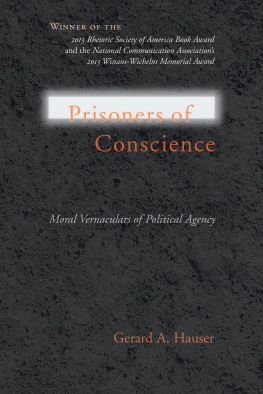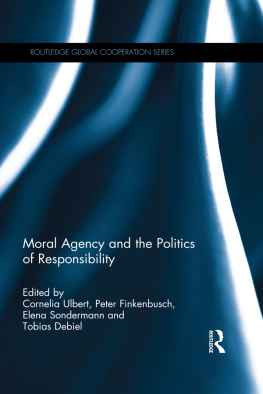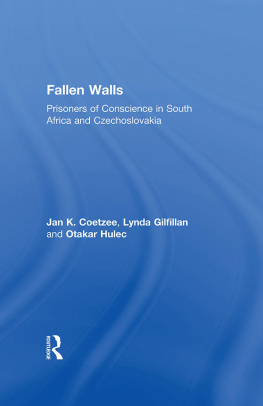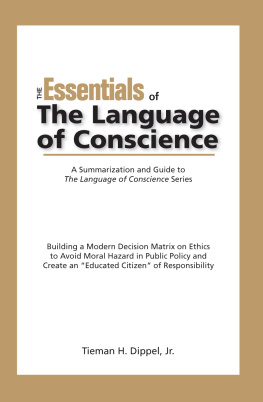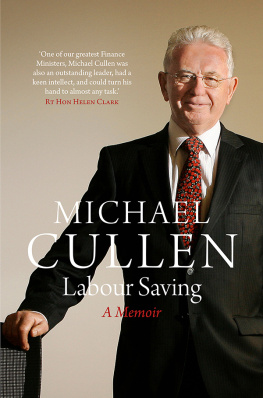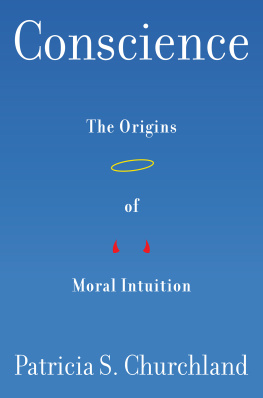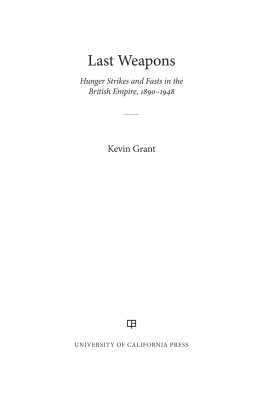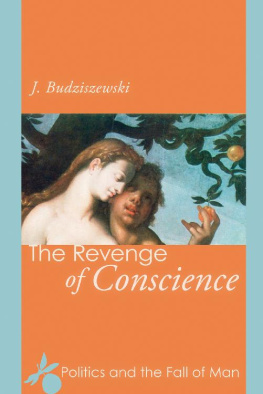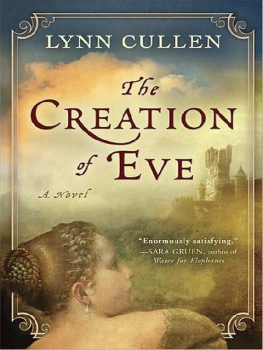Studies in Rhetoric/Communication
Thomas W. Benson, Series Editor
2012 University of South Carolina
Published by the University of South Carolina Press
Columbia, South Carolina 29208
www.sc.edu/uscpress
21 20 19 18 17 16 15 14 13 12 10 9 8 7 6 5 4 3 2 1
The Library of Congress has cataloged the print edition as follows:
Hauser, Gerard A.
Prisoners of conscience : moral vernaculars of political agency / Gerard A. Hauser.
p. cm. (Studies in rhetoric/communication)
Includes bibliographical references and index.
ISBN 978-1-61117-076-4 (cloth : alk. paper)
1. Communication in politics. 2. ConsciencePolitical aspects. 3. RhetoricPolitical aspects. I. Title.
JA85.H39 2012
365'.45dc23
2012019767
ISBN 978-1-61117-188-4 (ebook)
To Lloyd Bitzer
Series Editor's Preface
Gerard A. Hauser's study in Prisoners of Conscience of what he terms the thick moral vernacular of human rights is a work of erudition, scrupulous theoretical reasoning, patient critical analysis, and profound moral seriousness. In his 1999 book Vernacular Voices: The Rhetoric of Publics and Public Spheres, also published in this series, Professor Hauser developed an account of publics theory, an understanding of how public opinion may be understood as a discursive process in which citizens engage in everyday talk that shapes and discloses public interests and the public sphere. Vernacular Voices has been a widely influential book, inspiring stimulating new lines of study in rhetoric. Hauser's Prisoners of Conscience is likely to be equally influential.
At the core of Prisoners of Conscience are five case studies. At Robben Island in apartheid South Africa, Nelson Mandela and his fellow political prisoners were subjected to intimidation and abuse; their response was to enact a practice of what Hauser, adapting the term from Foucault, terms parrhesia, a rhetorical figure of speaking the truth with frankness. The prisoners found ways to maintain and represent their humanity, and thereby their sense of self and solidarity, against a regime of total control and degradation. Next Hauser tells the story of Irina Ratushinskaya, condemned to a Soviet prison camp, in the small zone set aside for women prisoners, describing the enactment of a rhetoric of indirection in which prisoners performed a silent self-control in the face of indignities and reprisalswinning over their fellow prisoners to a shared sense of human agency and dignity.
In his account of the hunger strike of Provisional IRA prisoners at Maze prison in Belfast, Northern Island, Hauser describes a regime of physical punishment that is met by the prisoner's inversion of and resistance to the system by self-induced performances of bodily painpassive aggression as vernacular moral rhetoric.
Hauser returns his account to Robben Island for an analysis of a memoir by Indres Naidoo, Island in Chains, written after his release from a ten-year sentence, in which he depicts how even the body in pain can undermine the authority of the state and affirm an individual human identity.
In a final case study, Professor Hauser examines the circulation of images of prisoner abuse by United States military guards at Abu Ghraib prison in Iraq, arguing that, despite energetic efforts at dissociation, the images came to frame and define the neoconservative supremacy of executive power. In casting blame for Abu Ghraib on a few low-ranking soldiers, the administration attempted to dissociate itself and the high command from the shame. And yet Hauser does not permit his own reader the easy response of self-purification by dissociating from the neocons, feeding our sense of moral superiority by an act of pity or blame. Hauser's nuanced and complex moral reasoning leaves us with no easy answers, but he does bring illumination and balance to a central challenge to human understanding.
THOMAS W. BENSON
Preface
This study began on Chios, before I was born. John Michalakes was a gunrunner in the Greek resistance against Turkish occupation of the island. In 1822, the islanders living on Chios joined the Greek War of Independence agains Ottoman rule. They suffered massive casualties in the ensuing massacre. Fully 100,000 of the island's 120,000 Greek inhabitants were killed, expelled, or enslaved. The lingering animosity in the survivors fueled continuing unrest. In 1910, as tensions were building toward outbreak of the first Balkan War, Turkey was impressing Chiote men into its army. Turkish soldiers grabbed John in the streets of Chios Town, the island's capital city. A fistfight ensued; he broke free and fled. Knowing he could not return home without endangering his wife and children, John made his way to the shore, where he found a tender that took him to the Pagasitikos Gulf city of Volos on the Greek mainland. Although he had found safe haven, the political situation on Chios made it impossible for John to liberate his wife, Marcella Christophos, and their two children, Irene and Christ, from the island. He believed his only chance to reunite with his family was to get himself to America, where he hoped to eventually secure them an immigration visa.
John signed a letter of indenture to gain passage and entrance to the United States, but once processed through Ellis Island he immediately disappeared, assumed an alias, and led a life in the shadows until he had made the necessary connections to get Marcella an immigration sponsor and saved the necessary resources to pay for his family's passage. When she arrived, in December 1916, she had their two children in towboys. The older child, Irene, had died. The younger of the two boysGeorgeJohn had never seen. My grandmother was pregnant when he had fled.
My childhood was filled with stories of my grandfather's srength and guile. He had supported his family by running a jitney service to the steel mills in Buffalo, New York. His customers were black workers, which brought him grief from the other cabbies who disapproved of his choice of clients. He told them these men had done him no harm and to mind their own business. My uncles would tell of moving often to new flatswhether to avoid being caught by the authorities for not honoring the letter of indenture or from economic hardship they were uncertain. What they did recall was that my grandfather was a shrewd negotiator. The family was growing, and he would use its size to play on a landlord's sympathies. Here he was, a poor immigrant cab driver with six or seven or more mouths to feed. Could the landlord find compassion for his family? After he had negotiated a favorable rent, he'd then negotiate an equal rate for the other tenants in the building.
He died when I was six, but the stories remained and became a source of moral instruction from my relatives about the meaning of freedom, democracy, community, and family. They instilled in me an abiding curiosity to learn more of his adventures, perhaps because my childhood memories of my grandfather were uniformly fond and his absence left a void. They also were an opportunity for my family to share other stories of Greek resistance, struggle, and the resilience of the human will to survive. This book is, in that sense, in honor of my grandfather and his children, who stoked admiration for freedom fighters and curiosity about how these underdogs kept their struggles alive.
Freedom fighters are difficult to write about without falling into snares of romanticizing an oppressed group that in some cases, if given the opportunity, would gladly visit the same harsh treatment and more on their oppressors. It poses the challenge of making sense of violent acts committed for political motivations. The truism that one person's freedom fighter is another's criminal reflects the hopelessly partisan nature of considering their pleas. It poses the further difficulty of interpreting the historical context that explains their actions. What, from the insurgent's perspective, seems a history of injustice is from another point of view a legitimate exercise of the state's responsibility to steer a political course responsive to the social and economic realities of the times. Still, as my mentor, Lloyd Bitzer, once remarked when discussing the civil rights movement, sometimes an issue doesn't have two legitimate sides.

